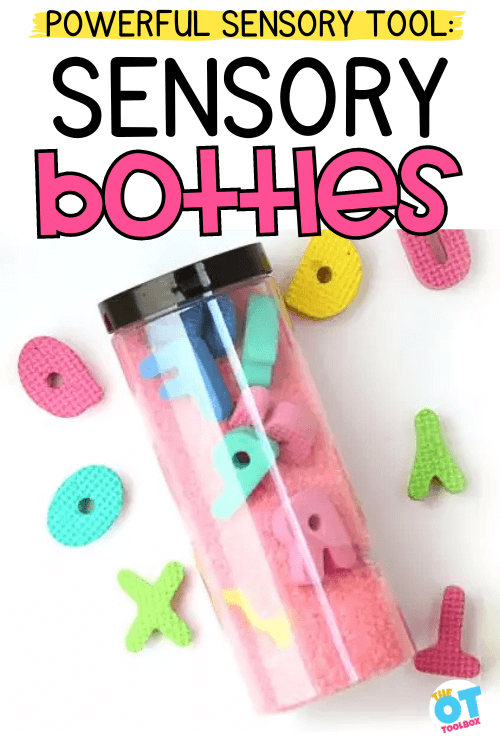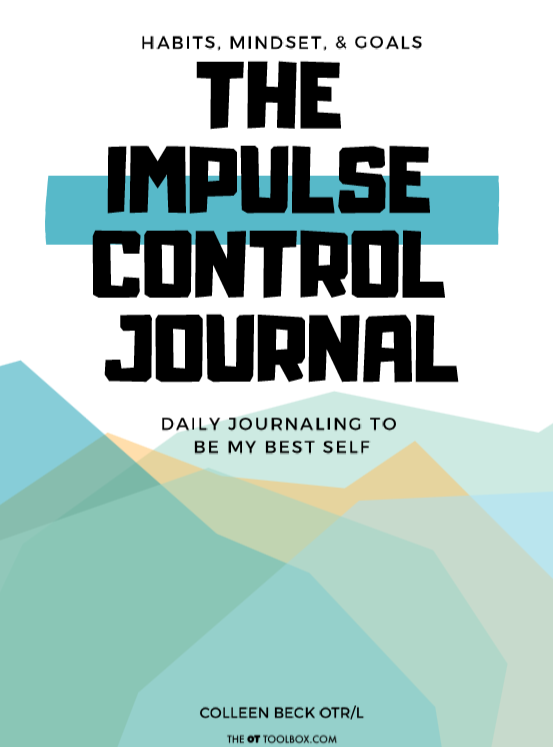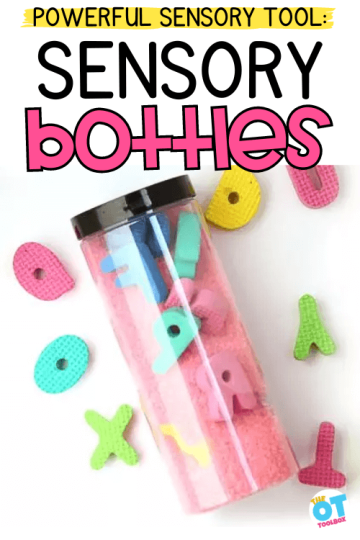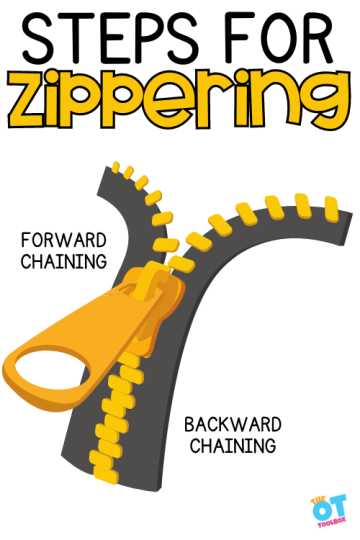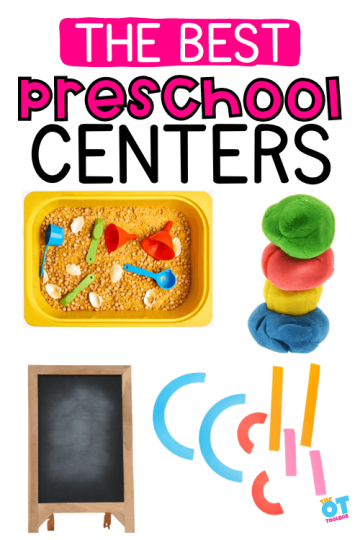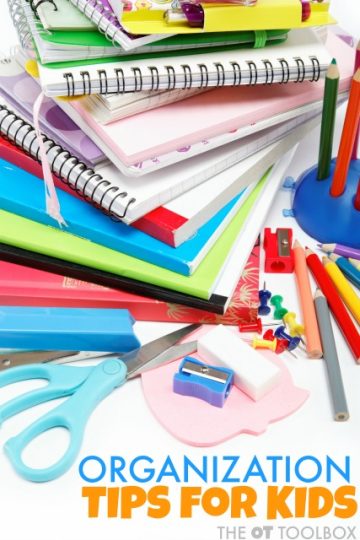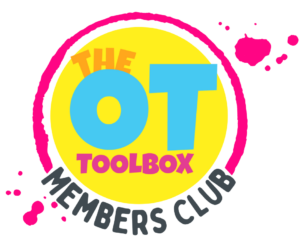The term, “metacognitive skills” sounds and feels lofty, and beyond our scope of practice, however once it is broken down, it makes sense. This post hopes to demystify Metacognitive Skills, understand the meaning, and explain the relationship metacognition has to executive function.
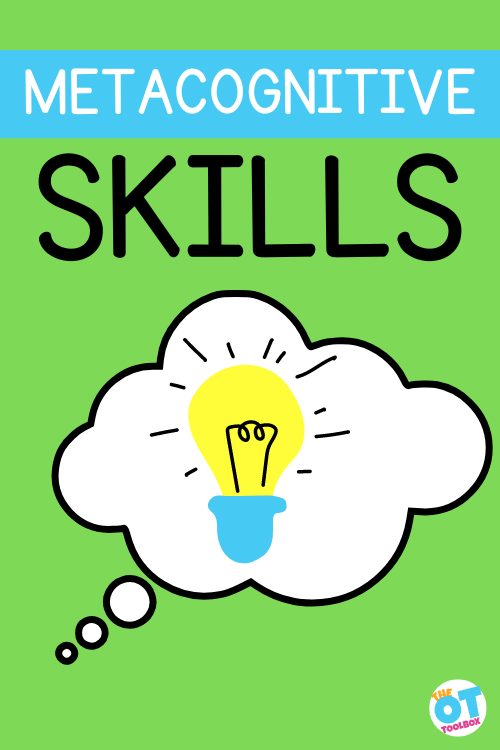
Metacognitive Skills
“The function of metacognition and self-reflection is to make meaning. The creation of meaning is at the heart of what it means to be human” – Marilyn Price-Mitchell. Metacognition Skills involve thinking about thinking. It is a momentary awareness of what you do or do not know.
This self-awareness process allows one to have feedback through action and learning as one takes in information and processes that input. This is an essential skill in learning strategies where a learner processes information in order to utilize the information.
We see this especially in comprehension of information and studying for tests or exams: Thinking about and adjusting as one self-reflects on the information learned can be adjusted in study strategies through self-assessment. A student studies information to prepare for a test, but if they are not comprehending that information, they may fail the test. They then can see proof that their study skills weren’t enough to pass the test. The student can then make learning goals that includes studying in a different way so they can process the information better for the next exam.
metacognitive skills definition
What are metacognitive skills?
Metacognitive skills is defined as the ability to plan, monitor, and evaluate one’s thinking.
When professionals say metacognition is “thinking about thinking” they are talking about the ability to plan, monitor, and evaluate one’s work in order to improve. Instead of spoon feeding answers to learners, the approach is built in self evaluation and reflection.
Metacognition allows learners to move forward in their thinking and processing skills. Learners who are “stuck” can get “unstuck”. This leads to a growth mindset, or the power of yet.
“In 1928, Margaret Mead, an American Cultural Anthropologist, was famously reported saying, “Children should be taught how to think, and not what to think.” It turns out she was way ahead of her time and was already tapping into a theory that educational psychologists would later term ‘Metacognition’.” – Kathryn Rawson.
How to Develop Metacognition Skills
Research has shown metacognition starts around the age of eighteen months, but is in full swing by the ages of three to five. Parents and caregivers can take an active role in helping develop metacognition skills.
- Ask reflective questions – open ended questions lead to self reflection, non-blaming questions allow learners to think about their behavior, process oriented questions help learners understand their own thought process, and solution-oriented questions encourage learners to understand how their thinking can change future outcomes. Asking reflective questions may get more answers out of learners, or it may still result in eye rolling and shrugging. At least it is a start!
- Explain your own behavior – telling learners why you are doing something, or the thought process behind your decision making, such as turning the television off during dinner time, may not change the level of complaining, but might get the internal wheels turning.
- Apologize for your own choices – letting learners know when you have made a mistake or error in judgment is powerful. It shows self-reflection, and models the type of behavior you might like to see from them.
- Let them struggle – correcting and fixing things for your children may reduce their anxiety in the short term, but does give them the long term skills they will need to survive adulthood. Natural consequences (within safety reasons) are an excellent way to teach reflection and metacognitive skills.
Metacognition is a higher-order skill and one that requires critical thinking, so it’s not a skill that young children are able to achieve without guidance.
We can support younglearners, however, in obstacles that they experience inage appropriate ways.
Stages of Learning and Metacognition
There are four distinct stages of learning that play into metacognitive skills. While they are painful in the process, these stages develop greater understanding and knowledge. These cognitive processes exist with various learning styles.
- Stage one: unconscious incompetence – In this stage of learning, you are unaware of what you don’t know and your lack of proficiency. Think about a skill you have mastered over the years. When you look back at your skill level (or lack of it) in the beginning, it is comical to see how bad you were at it, and had no idea! One example of this stage of metacognitive learning: As a new clinician, you may have thought your documentation skills were excellent, even though they lacked clinical experience and the wide range of experiences to back the documentation process.
- Stage two: conscious incompetence – At this stage of cognition, you are aware of how little you know and your lack of proficiency. Referring back to the example of a new graduate therapy provider, at this stage of you are suddenly aware of how bad your documentation is, but don’t have the skills to make it great yet. So in this case, you may make the appropriate strategies to improve your skills and seek out a mentor or take refer to resources on documentation for a deeper understanding. This is a planning phase to prepare for automaticity in skills.
- Stage three: conscious competence – In this stage of the learning process, you are able to use your skills but only with continued constant effort. Referring to the new graduate example, you are able to document well, but it takes a tremendous amount of time and cognitive effort. You know the areas that you need to consciously put in effort for successful documentation, and you recognize that higher levels of thinking is needed.
- Stage four: unconscious competence – In the last stage of metacognitive skill development, you are able to use your skills with ease and very little conscious effort. Referring to our therapy practioner example, at this stage, now your documentation comes easily without much forethought. Prior knowledge is applied freely and without much effort.
While it is not easy to watch someone else struggle through the learning curve, it is interesting to see the progression of their learning. People often attack a new task with such confidence, only to quickly become discouraged and set down a peg or two.
Learning this on their own without being spoon fed this information, builds metacognition and executive function skills for use in everyday tasks as well as during new things like novel tasks. It’s all part of the cognitive strategies being put into place.
How is Metacognition Related to Executive Function?
Executive function is a set of processing skills, many of which originate in the prefrontal cortex.
Executive function skills develop in infancy, and include attentional control, working memory, inhibition, self-control, problem-solving, planning and prioritization, task completion, compliance, work tolerance, and monitoring, many of which are thought to originate in the brain’s prefrontal cortex. It is interesting to note that the prefrontal cortex is late to develop, often when a learner is in their mid to late 20’s.
Metacognition skills are broken down into three strategies, all of which require executive function skills to complete:
- Planning – students learn to think about and plan their ideas. They might ask questions or hypothesize about the strength and weaknesses of their plan. Questions such as “I predict…”, “the question I am trying to answer is….” or, “the way I will solve this problem will be….”. Teachers often help students learn this skill through graphic organizers, hypothesizing, and creating outlines.
- Monitoring – reflecting and realizing while in the midst of the project. It is the alarm clock inside that lets you know something is amiss. Suddenly you might realize the numbers are not adding up, or your writing went off on a tangent. I call this going down the rabbit hole. Self-monitoring is necessary for self-regulation, self-awareness, and self-reflection.
- Evaluation strategies – at the end of a project or task, learners take a moment to reflect on what was completed. They might realize mistakes that need to be corrected next time, accomplishments, or ways to tweak their skill to make it more efficient. It is the equivalent of looking at something under a microscope, and then taking a self-directed attempt to support one’s own learning through metacognitive strategies.
Metacognition is vital in any kind of project or task, not just school based assignments. Something simple, like doing loads of laundry, takes metacognition skills. There is planning involved, monitoring during the middle of the task, and evaluation at the end to determine how the task went, and what modifications might need to be made.
While this seems complicated and wordy, the good news is you are likely to already have metacognitive skills, and are developing it in the learners around you, without being conscious of it. Hopefully you have “unconscious competence” regarding your metacognitive skills.
We also know the relationship between execitive functioning skills and self-regulation. This is especially apparent in the metacognitive process in thinking about behaviors, emotions, and the actions one has as a result of emotional regulation. It’s important to include metacognitive awareness when supporting students in self-regulation.
The thinking processes in self-regulation strategies can become more natural over time, allowing children to succeed in self-correcting and using specific strategies in the moment.
Follow up question: do you think people with anxiety disorders have increased metacognition skills?

Victoria Wood, OTR/L is a contributor to The OT Toolbox and has been providing Occupational Therapy treatment in pediatrics for more than 25 years. She has practiced in hospital settings (inpatient, outpatient, NICU, PICU), school systems, and outpatient clinics in several states. She has treated hundreds of children with various sensory processing dysfunction in the areas of behavior, gross/fine motor skills, social skills and self-care. Ms. Wood has also been a featured speaker at seminars, webinars, and school staff development training. She is the author of Seeing your Home and Community with Sensory Eyes.
The Impulse Control Journal…a printable resource for helping kids strategize executive functioning skill development. When saying “calm down” just isn’t enough…
When a child is easily “triggered” and seems to melt down at any sign of loud noises or excitement…
When you need help or a starting point to teach kids self-regulation strategies…
When you are struggling to motivate or redirect a child without causing a meltdown…
When you’re struggling to help kids explore their emotions, develop self-regulation and coping skills, manage and reflect on their emotions, identify their emotions, and more as they grow…
Grab the Impulse Control Journal to build organizational strategies, planning, prioritization, habits, and mindset in kids.

